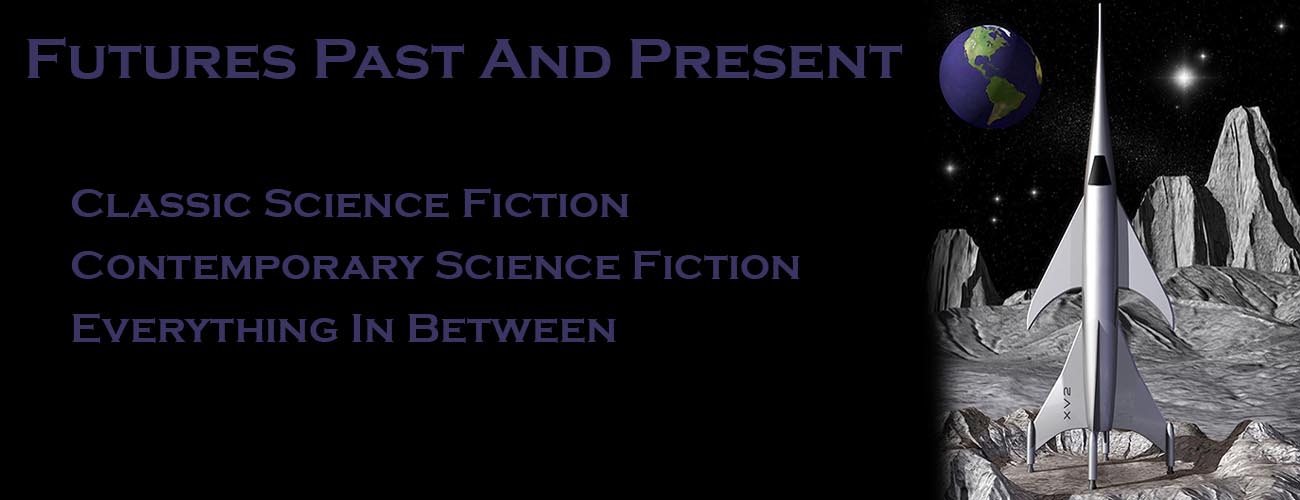As a person who considers himself a serious reader, I take great offense at these remarks. The medium through which a person chooses to read, whether paper, electronic, or (as in my case) a combination of both, is in no way a reflection of whether that person is a “serious reader”.
Of course, Mr. Franzen doesn’t define what a “serious reader” is. Is it someone who places a high priority on reading and buys numerous books every year or month or in some cases every week? Or perhaps it’s a person who only reads serious Literature? (Capitalization mine.)
Aside from the brain-dead connection Mr. Franzen tries to make between paper books and responsible self-government, his remarks show just how out of step he is with vast numbers of readers, both here in America as well as other parts of the world. Franzen is a darling of the literati, those arbiters of taste and snobbery, most of whom wouldn’t deign to read genre fiction. At least not in public. Franzen clearly seems to share this elitist view, despite the fact that his books are available in electronic editions. He states that paper books provide a level of permanence. He’s also gone on record saying that “It’s doubtful that anyone with an internet connection at his workplace is writing good fiction.” I strongly beg to differ, but good fiction is in the eye of the beholder.
Still, I doubt Franzen would recognize good fiction if it bit him in the ass.
Of course, Franzen’s remarks illustrate one of the results of a recent survey by Verso Digital. Among their findings was that resistance to ereaders is growing, even among avid readers. If I’m understanding the survey correctly, the resistance is from people who have never been inclined to read on an ereader. Frankly, I don’t care what format you choose for reading. Just don’t take a condescending attitude toward those of us who don’t choose the same as you.
Franzen also says that if printed books become obsolete, he’s glad he won’t live long enough to see it. Given his attitude, I find it hard to disagree with that statement. In the meantime, I’m going to read some good indie fiction.
On my ereader.
